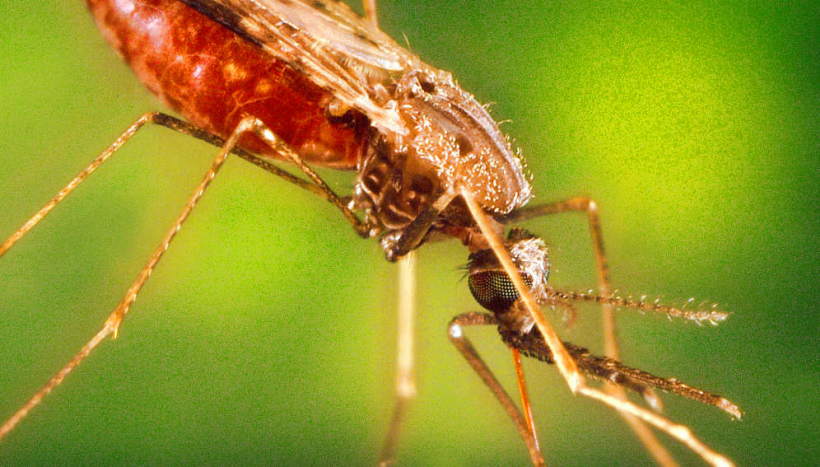A study suggests that using machine learning techniques to predict the age of mosquitoes from different populations could improve the speed and accuracy of malaria research and surveillance programs. The current methods for determining a mosquito's age, which is important for understanding its potential to spread malaria, are costly, time-consuming, and prone to human error.
The World Health Organization reports that Africa had 95% of the 247 million malaria cases worldwide in 2021. Therefore, researchers say that adopting new tools to control mosquitoes and stop the spread of malaria is crucial in eliminating the disease. The study aimed to use machine learning to predict the age of mosquitoes to identify high-risk populations and improve targeted interventions, according to Emmanuel Mwanga from the Ifakara Health Institute.
Predicting Mosquitoes' Age
The study focused on specific strains of mosquitoes from laboratory environments at the Ifakara Health Institute in Tanzania and the University of Glasgow in Scotland. The researchers used infrared spectroscopy to analyze the mosquitoes' biochemical composition and then applied machine learning to train models that could predict the age of the mosquitoes.
According to Emmanuel Mwanga, lead author of the study and a research scientist at Ifakara Health Institute, machine learning is a more efficient method for predicting the age of mosquitoes compared to traditional methods, which are costly and time-consuming. Mwanga states that one of the main challenges in using machine learning for this purpose is accurately identifying the ages of mosquitoes from various locations, which is what the study aimed to address. He also emphasizes the importance of testing the findings on mosquitoes from different regions and species.
The scientists involved in the study stress that more research is needed as the study only examined one type of mosquito, Anopheles arabiensis, from two countries. The study, published in BMC Bioinformatics in January, found that the machine learning models could improve the accuracy of predictions for the age of the mosquitoes to about 98%. Mwanga states that interventions to combat malaria could be more effective if scientists have a better understanding of the accurate age, host preferences, and species of the mosquitoes that transmit malaria.

A female anopheles mosquito. A study says machine learning techniques to predict the age of mosquitoes from different populations could reduce turnaround time for malaria research.
Old Mosquitoes Transmitting Malaria
The researchers point out that old mosquitoes are more likely to transmit malaria than young ones, and mosquitoes that prefer to feed on humans are more likely to transmit malaria than those that feed on other animals, making understanding their characteristics essential in efforts to combat malaria. Mwanga explains that accurately predicting these factors can help identify high-risk populations and improve targeted interventions.
He also suggests that using machine learning techniques could save time and resources that can be used for other aspects of malaria control and elimination efforts. He also states that this can ultimately lead to a reduction in the number of malaria cases and deaths in the region, which is an important step towards achieving zero malaria. According to the findings, entomologists may be able to cut down on the amount of time and effort required to dissect a large number of mosquitoes by using artificial intelligence to determine the age of those mosquitoes.
By observing the age structures of the local vector populations, these strategies can potentially improve model-based surveillance programs, such as assessing the impact of malaria vector control tools. Frank Mussa, a research and development lead at Afya Intelligence, a Tanzania-based company that focuses on using AI in healthcare, states that the study's findings could enhance planning for malaria interventions. He explains that the findings are important for policymakers as they will make resource allocation easier, aid in trend prediction, and assist in developing effective strategic plans to eliminate malaria in Tanzania.
RELATED ARTICLE: Mosquitoes Turned Into Malaria Vaccine Delivery System; How Effective Is This Method?
Check out more news and information on Mosquitoes in Science Times.














